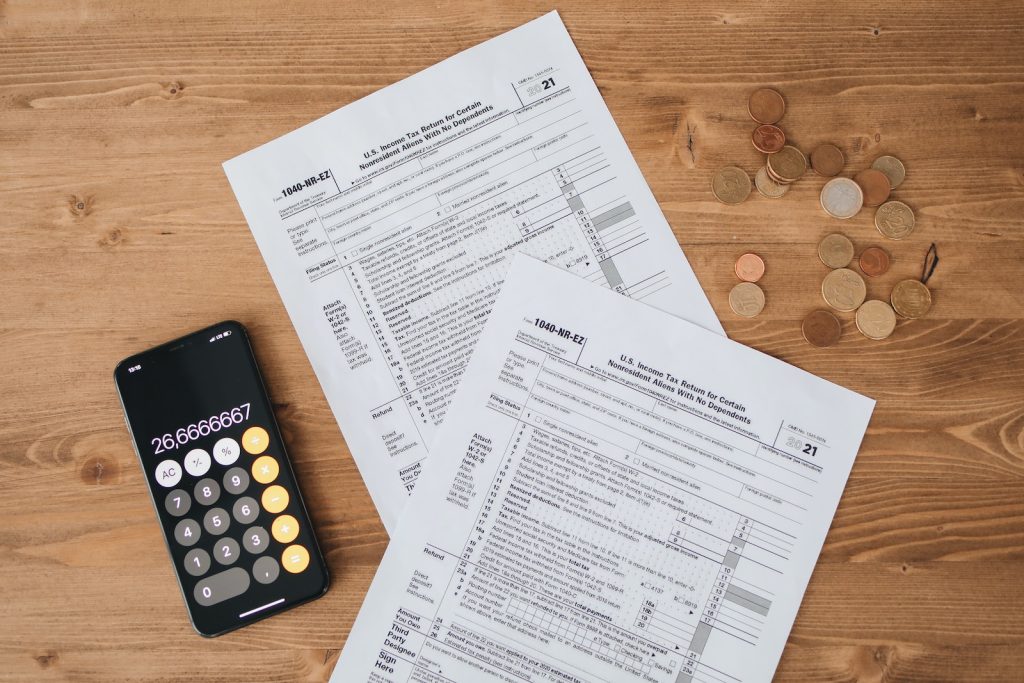What form of tax on West Virginia business income would you be required to pay?
Some states tax at least some forms of income. There are exceptions though. For example, some states do not tax interest earned on loans. Other states may exempt certain kinds of payment, such as Social Security benefits and unemployment compensation. And still, others may impose different tax rates depending on whether the income is derived from a corporation, partnership, sole proprietorship, or another type of business entity.
In addition, most states require businesses to pay taxes on business income even though it does not originate within state boundaries. This is known as “nexus.” In many cases, corporations must pay a corporate net earnings tax. A passthrough entity must file Form SPF -100. A partnership must file Form 1065. A sole proprietorship must file Form 1040.
How Franchise Tax Works in West Virginia

A franchise tax is a type of business tax imposed upon corporations doing business in a state. In some states, franchise taxes are based on the number of employees working at the corporation’s headquarters location. Other states base their franchise tax rates on the amount of revenue generated by the company.
- How Does West Virginia Impose Franchise Taxes?
West Virginia imposes a franchise tax rate of 4% on businesses in the state. A business may be subject to franchise tax if it meets any of the following criteria:
• Has gross receipts of $100 million or more;
• Has total assets of $500 million or more;
The franchise tax applies to both domestic and foreign companies. However, only domestic companies are eligible for certain exemptions.
- Who Can File for Exemptions?
Only domestic companies can file for exemptions. Domestic companies are those incorporated under the laws of a U.S. state or territory. Foreign companies are those incorporated outside of the United States.
- When Do Companies Have To Pay Their Franchise Taxes?
Companies have until December 31st to pay their franchise tax obligations. If they fail to do so, they face penalties. These penalties range from 10% to 50%.
- Are There Any Penalties for Not Filing?
Yes. Failure to file results in fines ranging from $10 to $50 per day.
Create your LLC Corporation with just 3 easy steps
How Franchise Tax calculated in West Virginia
1. Sales tax rate
The sales tax rate is determined by the state legislature. In West Virginia, the sales tax rate is 6% plus 1/2% county sales tax.
2. Gross receipts tax
This is a flat income tax based on gross revenue earned from business activity. Businesses pay taxes at different rates depending on their size. There is no minimum tax amount.
3. Net income tax
Net income tax is a percentage of net profit after subtracting expenses. The tax rate varies depending on the type of business.
4. Corporate franchise tax
The corporate franchise tax is imposed on corporations doing business in West Virginia. Corporations are taxed according to the number of employees they have. A corporation’s taxable payroll is multiplied by the applicable corporate franchise tax rate.
5. Capital stock tax
Capital stock tax is levied on corporations based on the value of shares issued.
6. Income tax
Income tax is a percentage of profits. The tax rate varies based on the taxpayer’s income level.
7. Property tax
Property tax is assessed annually based on the property’s fair market value.
Corporation vs. Partnership
Businesses organized as corporations must pay income taxes on profits generated anywhere in the world. As a result, corporations often choose to locate their headquarters outside of the United States. Conversely, partnerships are generally formed to avoid taxation. They typically operate out of one location, although they may conduct business throughout multiple locations.
Partnership Tax Rates
The federal government imposes a single rate of 15% on partnership income. But each state sets its tax rate. These rates vary widely. Some states levy no tax whatsoever on partnership income. Others impose a flat rate of 5%, 7%, 8%, 9%, or 10%. Still, others use graduated rates based on how much money the partnership earns.
For example, California levies a tax of 3% on the first $500,000 of partnership income. After that, the tax rate increases incrementally to 12% on the next $1 million income. Finally, the tax reaches 13% on the remaining $5 million of income.
Corporations
A corporation is a legal entity that exists separate from the people who run it. A corporation is owned by shareholders, who each receive shares of stock in return for their investment. Each shareholder receives dividends, or payments, according to how much money the corporation makes. When a corporation sells goods or services, it collects sales revenue. This money is used to make dividend payments to shareholders.
Partnerships
A partnership is an organization where people pool resources to achieve a common goal. In exchange for sharing profits and losses, each partner agrees to contribute expertise, labor, property, or money to the venture. This relationship is called a partnership because it resembles a team of individuals working together toward a common goal.
Income earned by a partnership is shared according to how much each partner contributes to the business. If one partner earns $100,000 while another does not contribute, the person earning $100,000 receives 50% of the net profit ($50,000). The remaining half goes to the second partner.
The IRS taxes a partnership just like a corporation. However, a partnership does not pay federal income tax, unlike a corporation. Instead, the partners are responsible for paying individual income taxes on their income.
Taxes on Partnership Profits
If you receive a distribution from a partnership, you report the amount on Schedule K-1. You include the distribution in your gross income and calculate your adjusted gross income by subtracting distributions received during the year from your gross income.
Your adjusted gross income determines whether you owe any additional taxes. For example, if you make $30,000 in salary and receive a $10,000 distribution, your adjusted gross income is $20,000. Because you had a negative adjustment, you do not owe any additional taxes.
If you make $30,00 in salary and receive $10,000 in distributions, your adjusted gross income becomes positive, and you owe some additional taxes. Let’s say you owe $2,500 in taxes. To determine what percentage of your adjusted gross income is attributable to the partnership, divide the amount of your adjusted gross income by the sum of your adjusted gross income plus the amount of the distributions. So, in our example, 20/22 90%.
Frequently Asked Questions
Does West Virginia have a corporate income tax?
Yes, West Virginia does have a corporate income tax.
What is West Virginia’s state ID number?
West Virginia’s State Identification Number (WVID) is WV-01.
Is West Virginia a tax-friendly state
Yes, West Virginia has some of the country’s lowest taxes. West Virginia’s sales tax rate is only 4%, making it one of the cheapest states to live in.
Do I Need Registered Agent in West Virginia?
Yes! You need to have a registered agent in West Virginia if you want to do business in the state. A registered agent is someone who is authorized to accept service of legal documents on behalf of a company. If you don’t have a state registered agent, you cannot receive any court orders or legal notices in West Virginia.
You may not realize it, but you actually already have a registered agent in WV. Your local county clerk’s office is your registered agent.

James Rourke is a business and legal writer. He has written extensively on subjects such as contract law, company law, and intellectual property. His work has been featured in publications such as The Times, The Guardian, and Forbes. When he’s not writing, James enjoys spending time with his family and playing golf.







